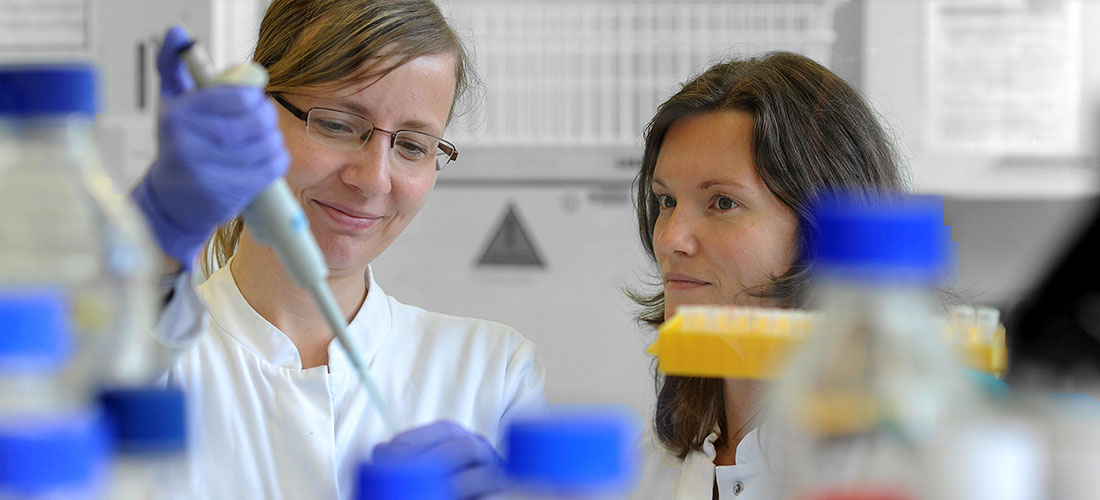A04: Spatial organization and function of RNA in primary neuroblastomas and their TME
We previously demonstrated temporal and spatial intratumor heterogeneity (ITH) in neuroblastoma by bulk sequencing of relapse tumors and multiregional tumor samples. The next wave of therapeutic advances in cancer will likely be accelerated by new spatial transcriptomics technologies capable of detecting malignant, immunological and transitional (plastic) cell states at the single-cell level. We hypothesize that precise knowledge of the spatiotemporal composition, organization, and functionality of each single cell in the tumor and tissue matrix will be essential for successful precision treatment. Interactions among different cell types in the tissue space are likely to crucially influence tumor evolution and also impact the development of treatment resistance and metastases. Single-cell RNA sequencing enables the systematic identification of cell populations in a tissue, but characterizing their spatial organization as a prerequisite for precise and reliable drug target identification remains challenging. Project A04 will apply novel commercially available and improved, high-resolution in-house developments for spatially resolved single-cell transcriptomics to systematically map the cellular and molecular spatial composition of primary neuroblastomas of different stages and outcomes in an unbiased approach followed by validation with a targeted approach (Task 1). The implications of spatial cellular organization on treatment resistance (Task 2) and metastasis (Task 3) will subsequently be assessed and validated in cell culture and patient-derived models (PDO/PDX). Task 4 will take initial steps towards diagnostic and therapeutic exploitation of new mechanistic insights into spatial tumor composition, resistance and metastasis. A04 is expected not only to produce new predictive biomarkers, but could also lead to new therapy approaches targeting newly identified, more reliable targets operating in mechanisms of resistance and metastasis.
PhD positions and place of work: 1
1 computational (PI: Angelika Eggert, Charité and PI: Nikolaus Rajewsky, Berlin, MDC/BIMSB)



